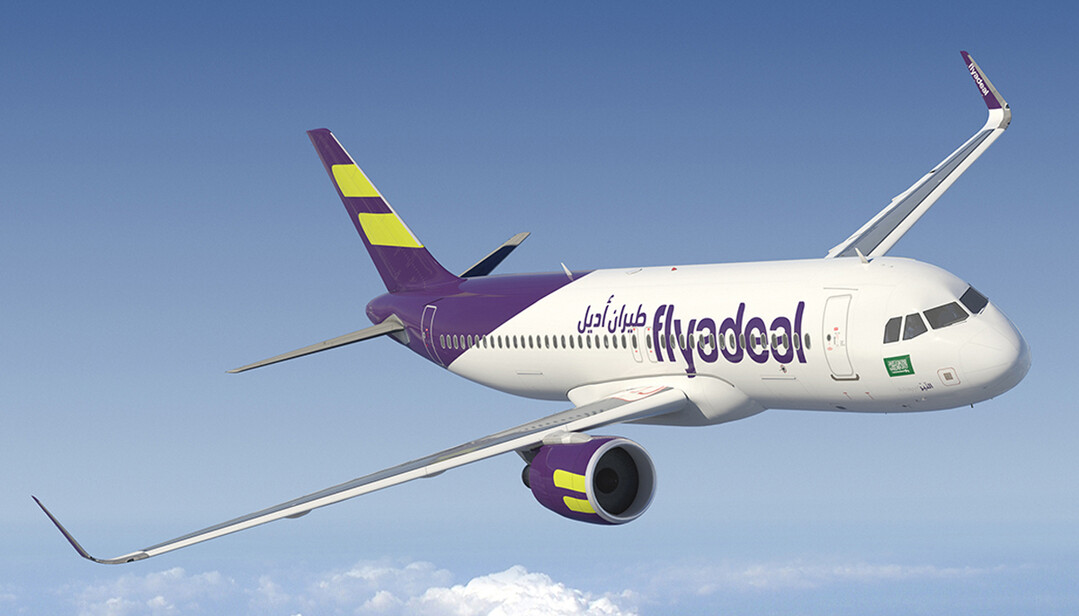
Seoul, Republic of Korea – Philippine low-cost carrier Cebu Pacific (PSE: CEB) announced on the 28th that it will wet lease two Airbus A320 aircraft to Saudi Arabian low-cost airline flyadeal during its off-peak season. This agreement, a common practice in the aviation industry, is seen as a strategic decision by both airlines to maximize aircraft operational efficiency between peak and off-peak seasons.
Understanding and Background of Wet Lease
Wet lease refers to an aircraft leasing arrangement that includes not only the aircraft itself but also the pilots, cabin crew, maintenance, and insurance. Airlines typically use this method to respond to sudden increases in demand or for temporary operations on specific routes. For Cebu Pacific, wet leasing idle aircraft to another airline during its relatively low-demand off-peak season (primarily the rainy season) allows it to generate additional revenue and increase aircraft utilization. Conversely, flyadeal benefits from the flexibility of operating aircraft for the required period without having to directly hire pilots or crew. This strategy is particularly advantageous for airlines seeking to expand their fleet and open new routes in the rapidly growing Middle Eastern aviation market.
Cebu Pacific's Business Strategy and Market Conditions
Cebu Pacific is a leading low-cost carrier in the Philippines, operating primarily domestic and Asia-Pacific international routes. Following the recovery in air travel demand after the COVID-19 pandemic, the airline has focused on securing flexibility in aircraft operations. This wet lease agreement with flyadeal is part of these efforts, demonstrating Cebu Pacific's strategy to strengthen its financial health by efficiently utilizing its assets even during off-peak periods.
As tourism is a significant industry in the Philippines, air travel demand experiences considerable seasonal fluctuations. During the monsoon (rainy) season, the number of domestic and international travelers tends to decrease, sometimes making it challenging for airlines to maintain aircraft utilization rates. In such cases, wet leasing becomes an effective method to generate revenue from idle assets. Cebu Pacific has previously entered into similar agreements with other airlines, and this latest deal with flyadeal is an extension of its diversified asset utilization strategy.
flyadeal's Growth and the Middle Eastern Aviation Market
Saudi Arabia's flyadeal is a relatively new low-cost airline launched in 2017, a subsidiary of the state-owned Saudia Airlines. As the Saudi government's 'Vision 2030' policy accelerates tourism development and aviation market liberalization, flyadeal has been growing rapidly. It aims to expand its domestic and Middle East international routes, targeting religious pilgrims and general tourists.
The Middle Eastern aviation market is considered one of the fastest-growing globally. Saudi Arabia is investing heavily to establish an aviation hub, leading to active aircraft acquisitions and route expansions. Low-cost carriers like flyadeal are key drivers of this market growth, and flexible aircraft acquisition is essential for enhancing their competitiveness. Wet leasing aircraft from Cebu Pacific is expected to help flyadeal effectively meet surging demand, reduce the burden of fleet expansion, and increase operational efficiency.
Economic Effects and Future Outlook of the Wet Lease Agreement
This wet lease agreement offers several economic benefits to both airlines. For Cebu Pacific, it means cost savings from potential idle aircraft during the off-peak season and securing additional revenue through lease fees. It could also alleviate long-term depreciation burdens and positively impact future aircraft acquisition plans. flyadeal gains the ability to acquire necessary aircraft for short-term needs without capital investment, flexibly expand routes, and prepare for sudden operational disruptions.
Such wet lease agreements are becoming increasingly common in the aviation industry. Especially in the current climate, where air travel demand fluctuates significantly and new aircraft acquisition involves substantial time and cost, airlines are placing greater emphasis on asset utilization flexibility. This agreement between Cebu Pacific and flyadeal strengthens cooperation between the aviation industries of the Philippines and Saudi Arabia, while also showcasing a strategic response to the evolving global aviation market. In the future, similar aircraft sharing and leasing agreements are expected to play a crucial role in improving airlines' operational efficiency and profitability.
[Copyright (c) Global Economic Times. All Rights Reserved.]






























